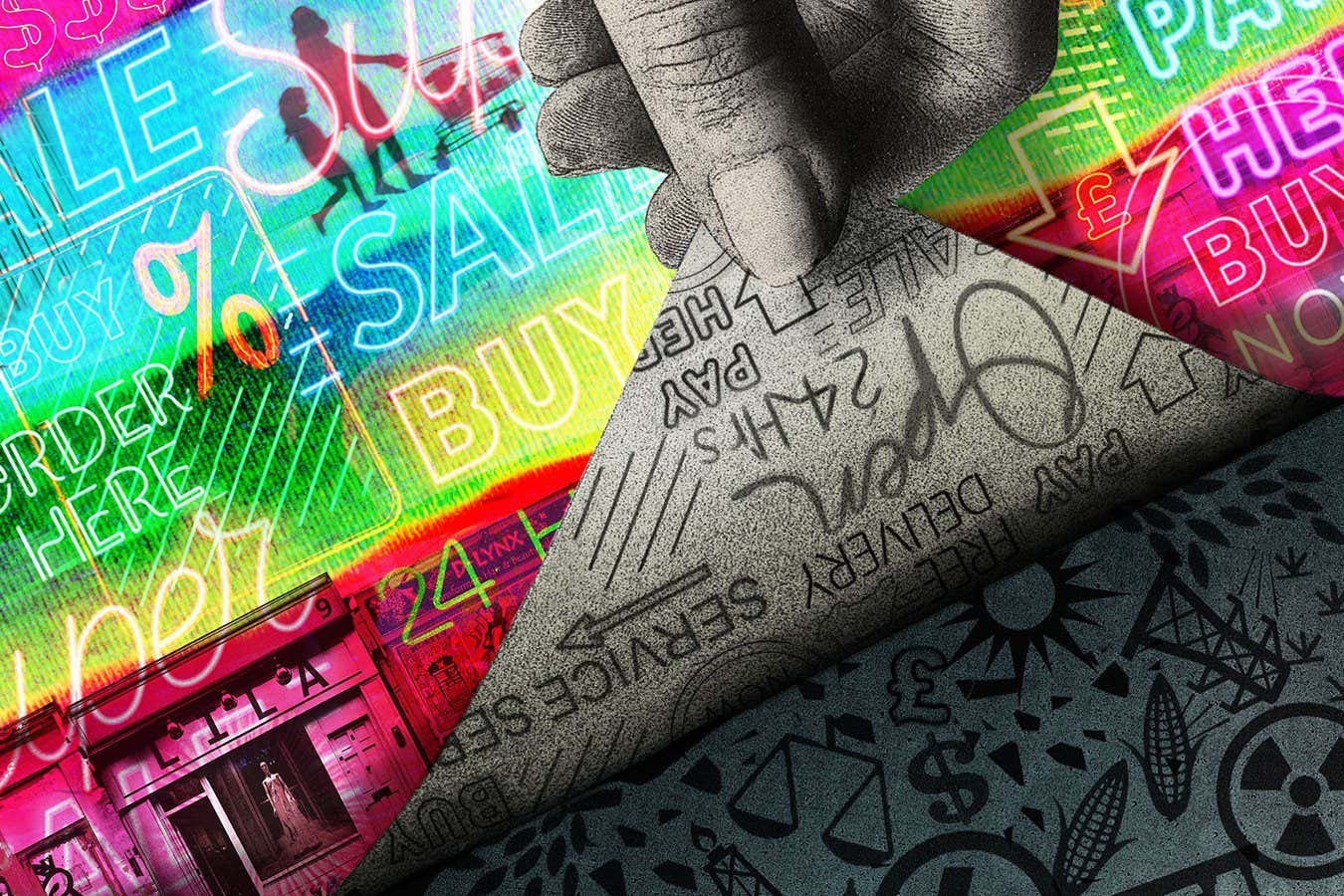
IN THESE difficult times, it seems utterly bananas to say that food is underpriced. In the UK, average grocery bills have risen by more than 12 per cent in the past year. But it is. The price tags on food are way lower – by about two-thirds – than what they would be if we were paying the full cost. Don’t worry, though, there are plans to sort this out.
That might sound unpalatable: who wants their grocery bill to rise even more? Yet in reality, we already pay the true price, it is just that most of it is stealthily hidden from us. “We pay overall four times for our food,” says Alexander Müller at the sustainability think tank TMG in Berlin. First, we pay at the checkout. Then we pay for the health, environmental and social costs of producing that food, mostly though taxes.
Green accounting
These costs are “externalities” – things that are treated as free even though they aren’t, such as the environmental damage caused by farming or the health costs of obesity. Right now, producers ignore them and let the rest of us pick up the bill. Maybe not for much longer. Economists and accountants – don’t yawn at the back! – have been working on a system called true cost accounting (TCA), which aims to internalise these externalities and upend decades of economic orthodoxy. Play our cards right, and it won’t result in all of us spilling more cash at the tills, but rather in a wholesale recalibration of global supply…

